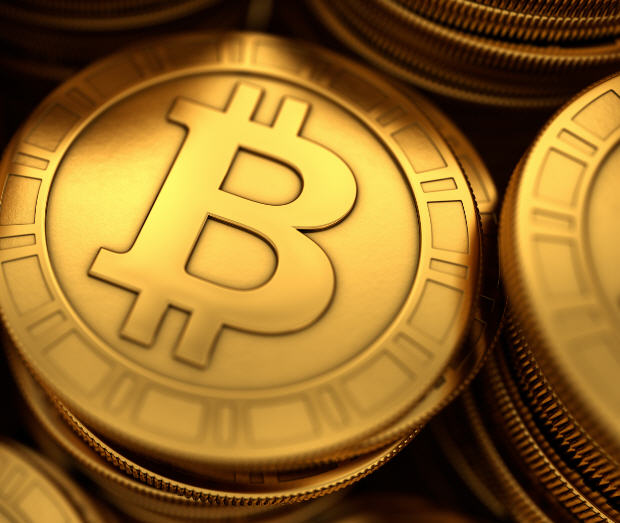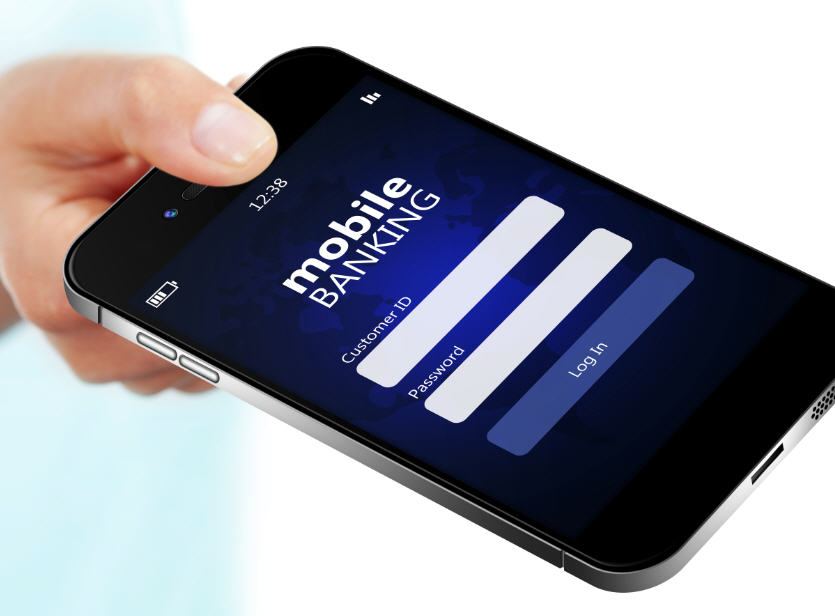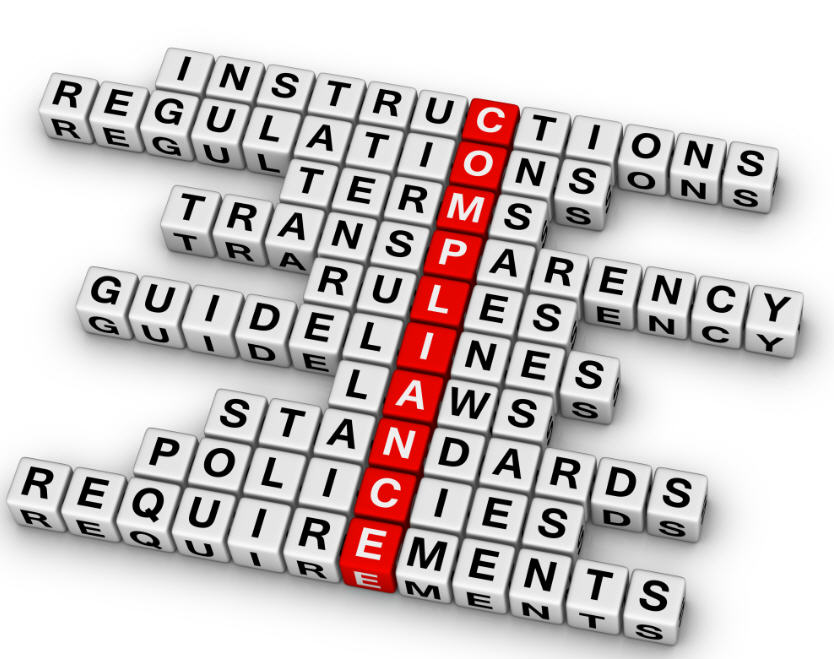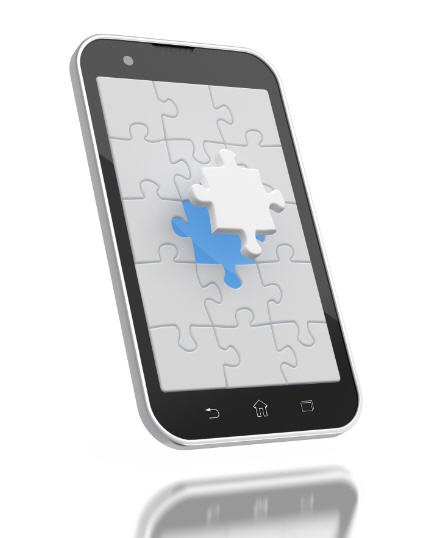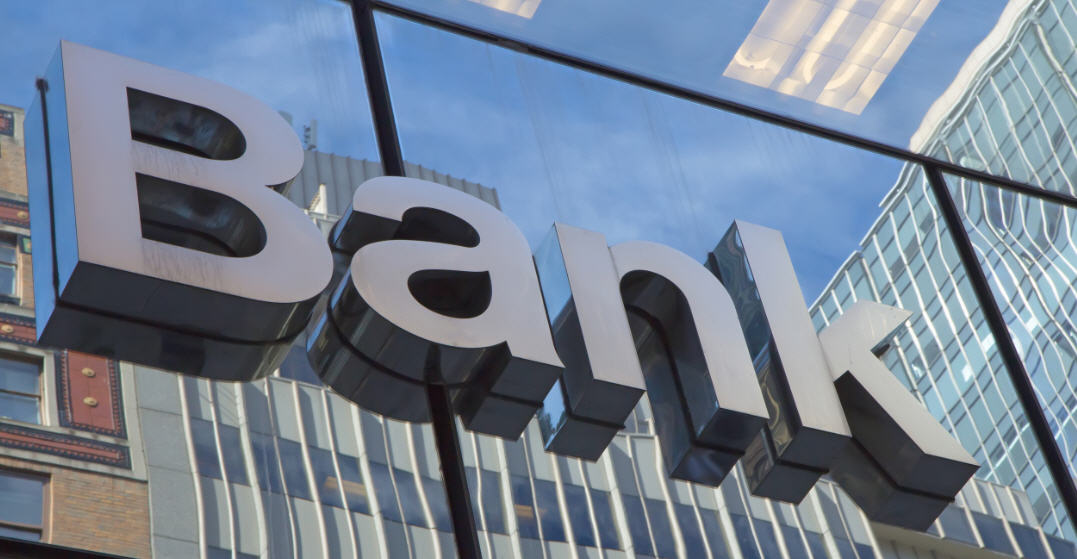Arbitrage is a word most IT professionals don’t tend to use. In fact, it’s a word that has little meaning in IT circles and that most IT professionals probably don’t use at all in their day-to-day discourse. On the other hand, to capital markets-related professionals, the word has significant importance and meaning.
Boy oh boy, you’ve got to hand it to some people. Some groups move just plain fast. Have you noticed how the Bitcoin community has rallied behind its much maligned and dismissed-as-being-evil currency in the past few weeks?
In June of this year, law enforcement officials and smartphone manufactures met in New York at the “Smartphone Summit” to discuss the alarming increase in smartphone thefts. The Federal Communications Commission (FCC) reports that almost 33 percent of robberies include the theft of a mobile phone – ignoring, for the moment, whether the theft of the phone was the primary intent or just a fortuitous (for the thief) by-product in the robbery. This month, Security Research Labs in Berlin reported a smartphone SIM card attack vulnerability – more to the point, raising issues of encryption vulnerability.
While Panther Energy Trading LLC made recent news by being fined and banned for one year by the regulators this week, these types of violations of the law are becoming more common with the advent of high frequency trading. With heightened awareness of Dodd-Frank, providing the explicit directive to ban spoofing, regulators themselves will need to step up their commitment to deter these illegal activities with the adoption of more sophisticated tools that detect manipulative behavior as it occurs. This is in contrast to waiting several months to be made aware of the manipulation that has occurred.
Do cyber-intruders coming into your business want to temporarily or partially disrupt your business or are they trying to destroy it altogether? This is the question which remains on my mind as we consider the fallout from the Liberty Reserve incident and see an uptick in interest in the mainstream media about cyber-attacks over the past 6-12 months. Yet, to do this question justice, it’s not entirely clear what motivates this assortment of groups that fall under the “cyberattacker” moniker.
Catching the BBC News live, while in London, is one of my favorite activities while relaxing after a long day. Last week, the news that Lloyd’s of London just published the Global Risk Index for business, and ranked “Cyber Risk” #3 up from #12 in 2012, really caught my eye. The Risk Index was calculated based on a global survey of more than 500 C-suite and board level executives – and the fact that cyber incidents are now part of board-level discussions also shows heightened awareness of the issues affecting corporate health.
As the recent victim of a particularly vicious hacker – a criminal who engaged in identity theft, wire fraud, and a whole range of cyber law-breaking (not to mention stalking) – I would like nothing better than to nail the perpetrator to the fullest extent of the law. But after speaking to a well-known payments firm and other parties through which I’d been manipulated, I was told it is very difficult to punish these guys. Perhaps a bank would have done so, but others don’t seem to care as much?
It dawned on me the other day that banks sure are handing out lots of different gadgets to gain – and keep – customers. No, I’m not talking about free toasters, gift cards, luggage, toolsets, funky new gadgets, but rather other slightly more relevant items. (And while we’re at it, who knew that the only reason U.S. banks have historically offered free toasters was to entice their customers to do business with them because this was “the only way they could pass cost savings on to depositors”!)

